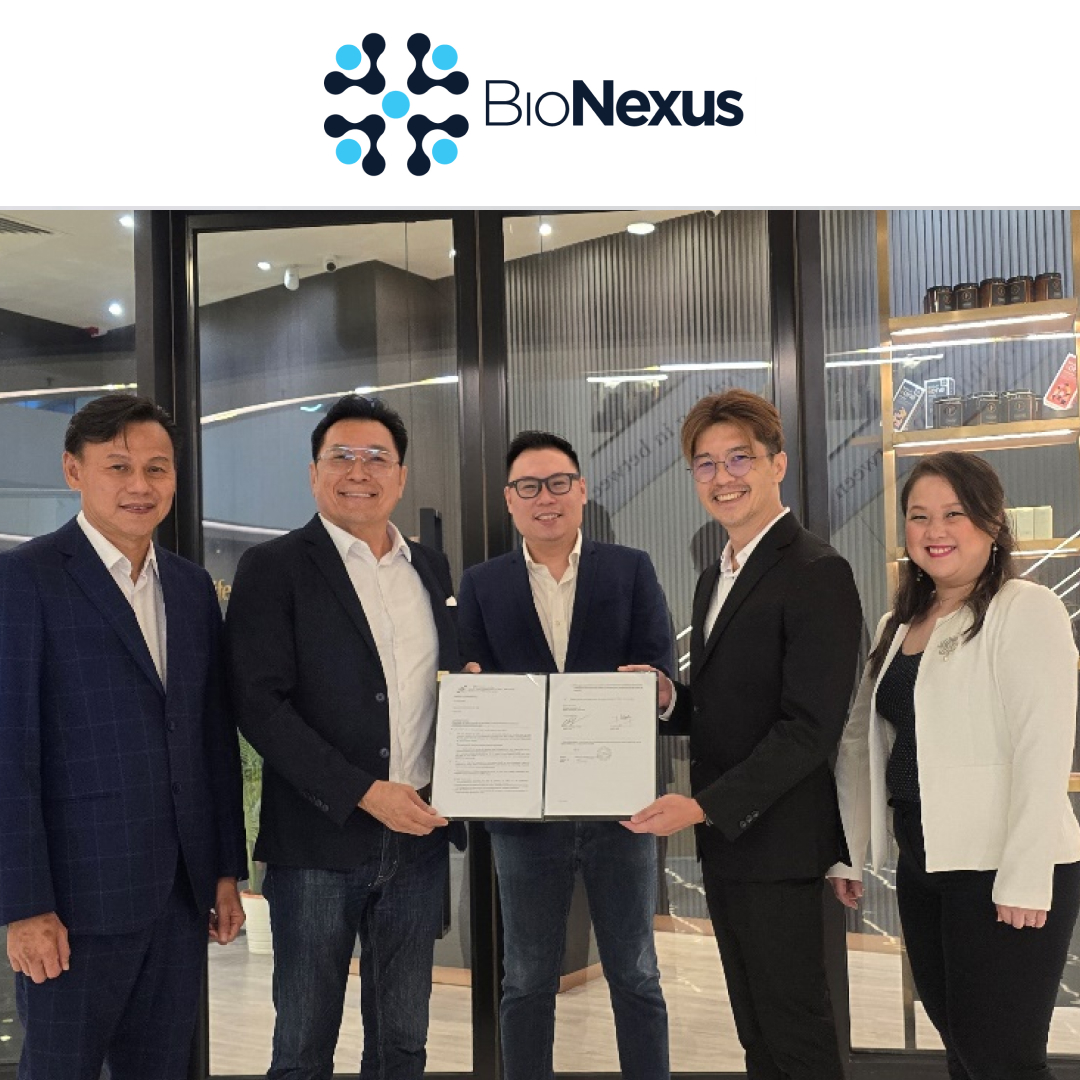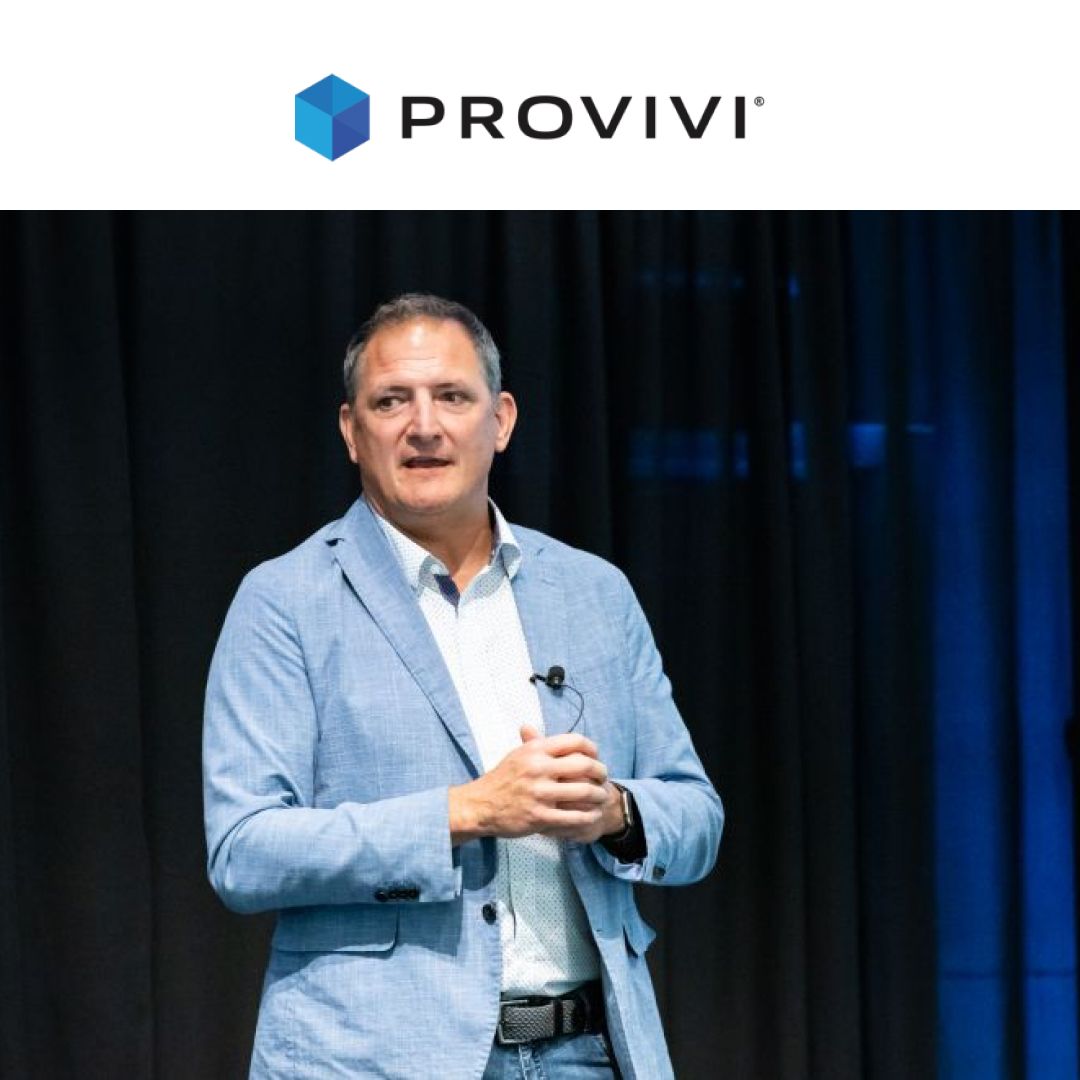
The U.S. synthetic crop protection market is facing a pivotal moment, with a convergence of factors reshaping the industry. Stricter regulations, increasingly knowledgeable growers, and mounting competition from generic products are creating an environment where adaptability and innovation are key. To remain competitive, companies must rethink their strategies and invest in building meaningful relationships with both growers and agricultural retailers.
A recent article in AgriBusiness Global DIRECT highlights these challenges and offers actionable insights to help industry players strengthen their foothold in this dynamic market.
Key Challenges Impacting the Market
- Tougher Regulations:Regulatory requirements have become more stringent, extending product registration timelines to 3-4 years. This delay not only increases costs but also slows down the introduction of new products, making it critical for companies to streamline their compliance processes.
- Sophisticated Growers: Modern growers are more informed and demand tailored, data-driven solutions. Companies that fail to address these nuanced requirements risk losing market share to competitors who can.
- Intensified Competition from Generics:The rise of generic crop protection products has led to price wars and shrinking profit margins, compelling companies to differentiate through innovation, value-added services, and strong brand positioning.
- Market Volatility and Uncertainty: Climate change, fluctuating commodity prices, and shifting consumer preferences for sustainable practices are adding layers of complexity to the crop protection landscape.
Strategies for Success
Industry experts shared key strategies to help companies thrive in this challenging environment:
- Understand Local Conditions:
A one-size-fits-all approach no longer works. Companies must thoroughly understand local agronomic conditions and tailor their products and services to meet the specific needs of growers in each region. - Build Trust and Relationships:
Partnering with growers and ag retailers is essential. Strong relationships can help companies stay ahead of market needs, build loyalty, and establish a reputation for reliability and support. - Invest in Innovation:
Differentiating products through innovative formulations, digital tools, and value-added services is crucial. Companies that invest in R&D and leverage new technologies like AI and precision agriculture are better positioned to capture market share. - Adapt to Regulatory Changes:
Streamlining compliance processes and working proactively with regulatory bodies can help companies stay ahead of evolving regulations and minimize delays in product approvals. - Focus on Sustainability:
With increasing demand for sustainable practices, offering environmentally friendly solutions can help companies appeal to both consumers and regulators while aligning with global trends.
Opportunities for Growth
Despite the challenges, the U.S. synthetic crop protection market offers significant opportunities for growth. Companies that successfully adapt to these changes can leverage their efforts to:
- Expand market share by addressing unmet needs with customized solutions.
- Gain a competitive edge through technological and sustainable innovations.
- Build stronger, more resilient partnerships with growers and retailers.
Source – AgribusinessGlobal






